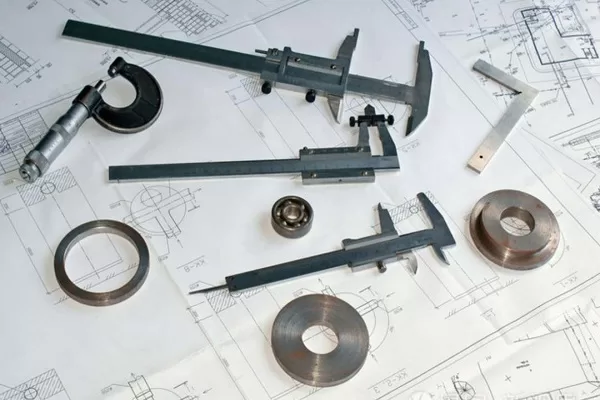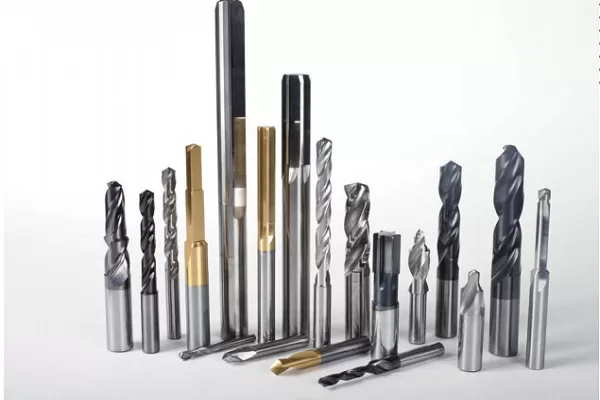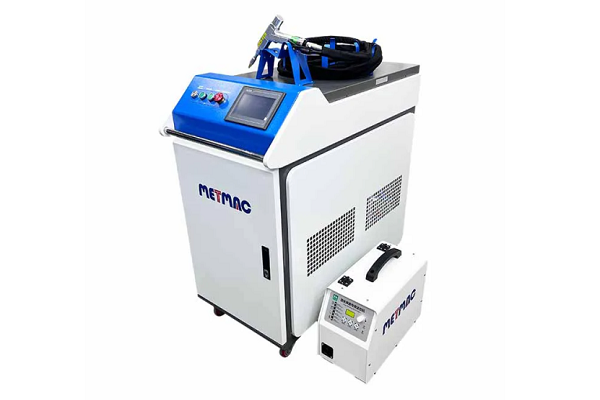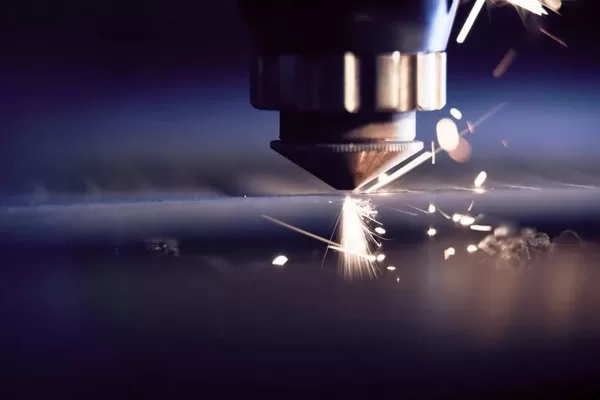
How to Choose Steel Plate Folding Machines for Different Types of Metal
- By:Metmac
- 2024-08-16
- 76
Steel plate folding machines are essential equipment in metalworking industries, used to bend and shape steel plates into various forms. Selecting the right folding machine for specific metal types is crucial to ensure efficient and effective operation. This article provides a comprehensive guide to choosing steel plate folding machines for different types of metal, considering factors such as material thickness, yield strength, and ductility.
Material Thickness
The thickness of the steel plate is a primary determinant in choosing a folding machine. Thicker plates require higher tonnage capacity machines with greater bending force. Thinner plates, on the other hand, can be folded using machines with lower tonnage capacities. It is essential to determine the maximum thickness of steel plates that will be processed to ensure the machine has sufficient capacity.
Yield Strength
Yield strength refers to the stress at which a material starts to deform plastically. Steel with higher yield strength requires more force to bend compared to steel with lower yield strength. Higher-yield strength steels necessitate folding machines with higher tonnage capacities and specialized tooling to prevent cracking or damage during bending.
Ductility
Ductility measures a material’s ability to deform under stress without fracturing. Highly ductile steels can endure significant bending without tearing or breaking, while less ductile steels are more prone to cracking. Folding machines for ductile steels can have tighter bend radii and smaller tooling clearances, while those for less ductile steels require larger bend radii and more generous tooling clearances.
Surface Finish
The desired surface finish of the folded metal should be considered when choosing a folding machine. Machines with polished or coated tooling produce smoother surfaces, while those with rougher or uncoated tooling may leave marks or imperfections on the surface. The type of tooling material, such as hardened steel, chromium-plated steel, or polyurethane, also affects the surface finish.
Tonnage Capacity
Tonnage capacity is the maximum force exerted by the folding machine to bend the metal. It is crucial to choose a machine with a tonnage capacity that exceeds the bending force required for the specific metal type and thickness. Insufficient tonnage capacity can lead to bending inaccuracies, tool damage, or even machine failure.
Bending Angle and Radius
The minimum and maximum bending angles and radii that the folding machine can achieve should be considered. Some machines offer a wide range of bending angles and radii, while others may have limitations. The desired bending angles and radii should be determined based on the application requirements to ensure the machine can produce the desired shapes.
Tooling Compatibility
Folding machines require specialized tooling for different metal types and thicknesses. It is essential to ensure that the selected machine is compatible with the tooling required for the specific metal. The tooling compatibility should include the size, shape, and material of the tooling.
By considering these factors, metalworking industries can make informed decisions when choosing steel plate folding machines for different types of metal. The right folding machine ensures efficient bending operations, minimizes downtime, and produces high-quality, accurate metal fabrications.
-
The Advantages of Using a Sheet Roll Forming Machine in Manufacturing
2024/09/14 -
How to Optimize Your Laser Sheet Cutting Machine for Maximum Performance
2024/09/12 -
How to Maximize Efficiency with Modern Sheet Metal Working Machines
2024/09/04 -
The Environmental Benefits of Using Duct Board Grooving Machines
2024/09/03
-
Improving Accuracy in Metal Fabrication with Laser Metal Shear Machines
2024/05/11 -
Latest Technological Advancements in Rectangular Duct Machines
2024/05/11 -
Integrating Automation with Rectangular Duct Machines for Enhanced Productivity
2024/05/11 -
Metal Shear Machines- Essential Tools for Precision Metal Cutting
2024/05/11
-
A Guide to the Latest Innovations in Sheet Metal Folding Machines
2024/11/29 -
Key Features to Consider When Investing in a Sheet Metal Folding Machine
2024/11/28 -
Enhancing Precision with Advanced Sheet Metal Folding Machines
2024/11/27 -
How to Choose the Right Sheet Metal Folding Machine for Your Workshop
2024/11/26



